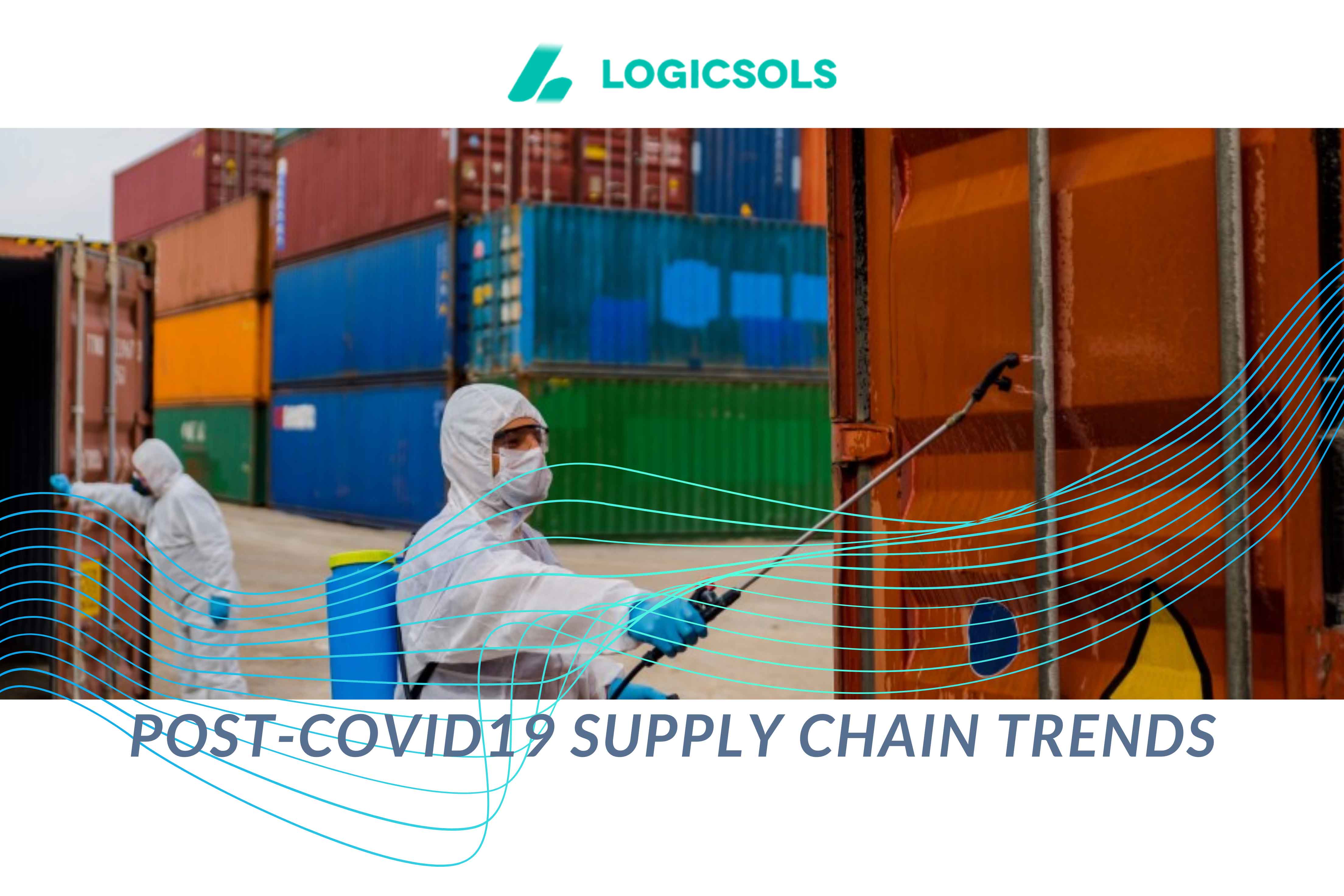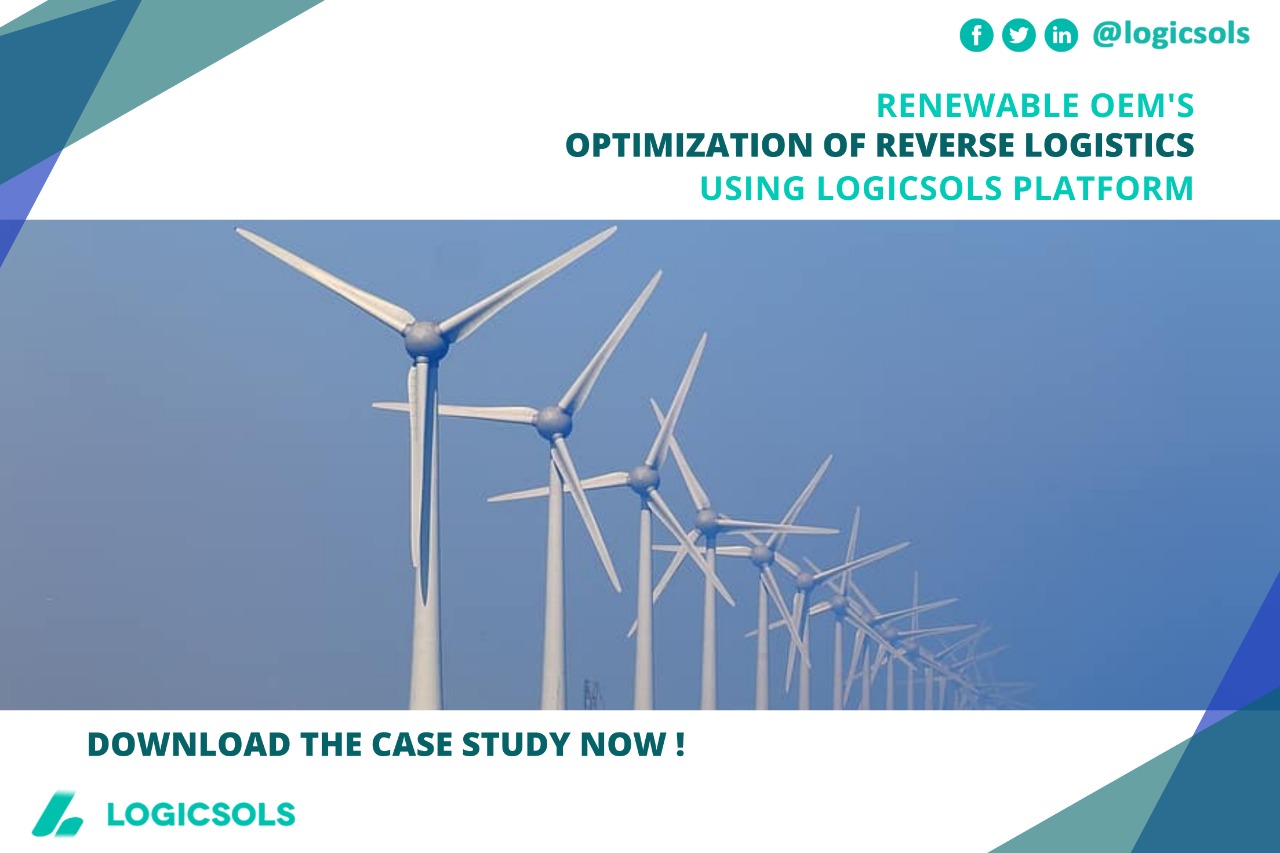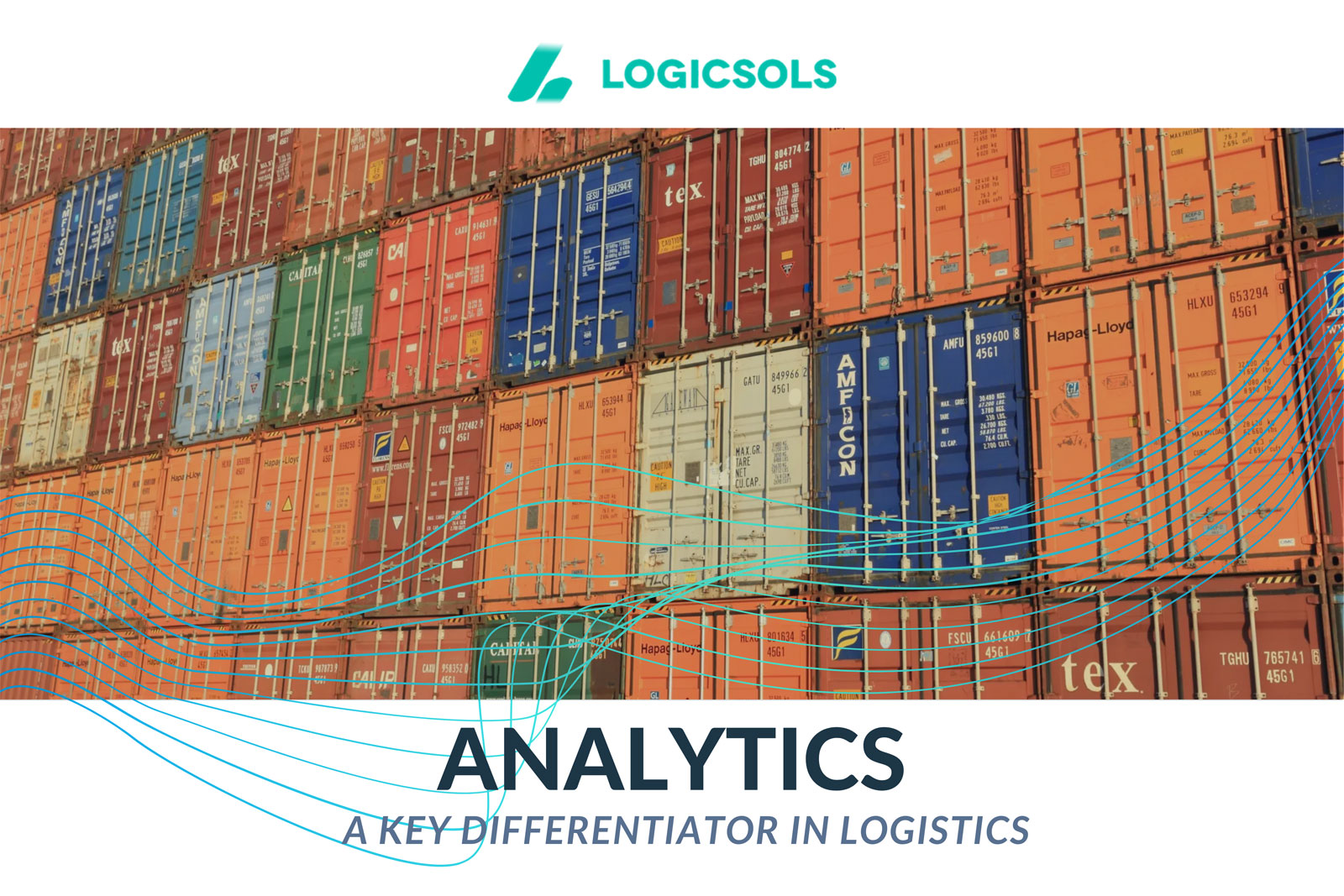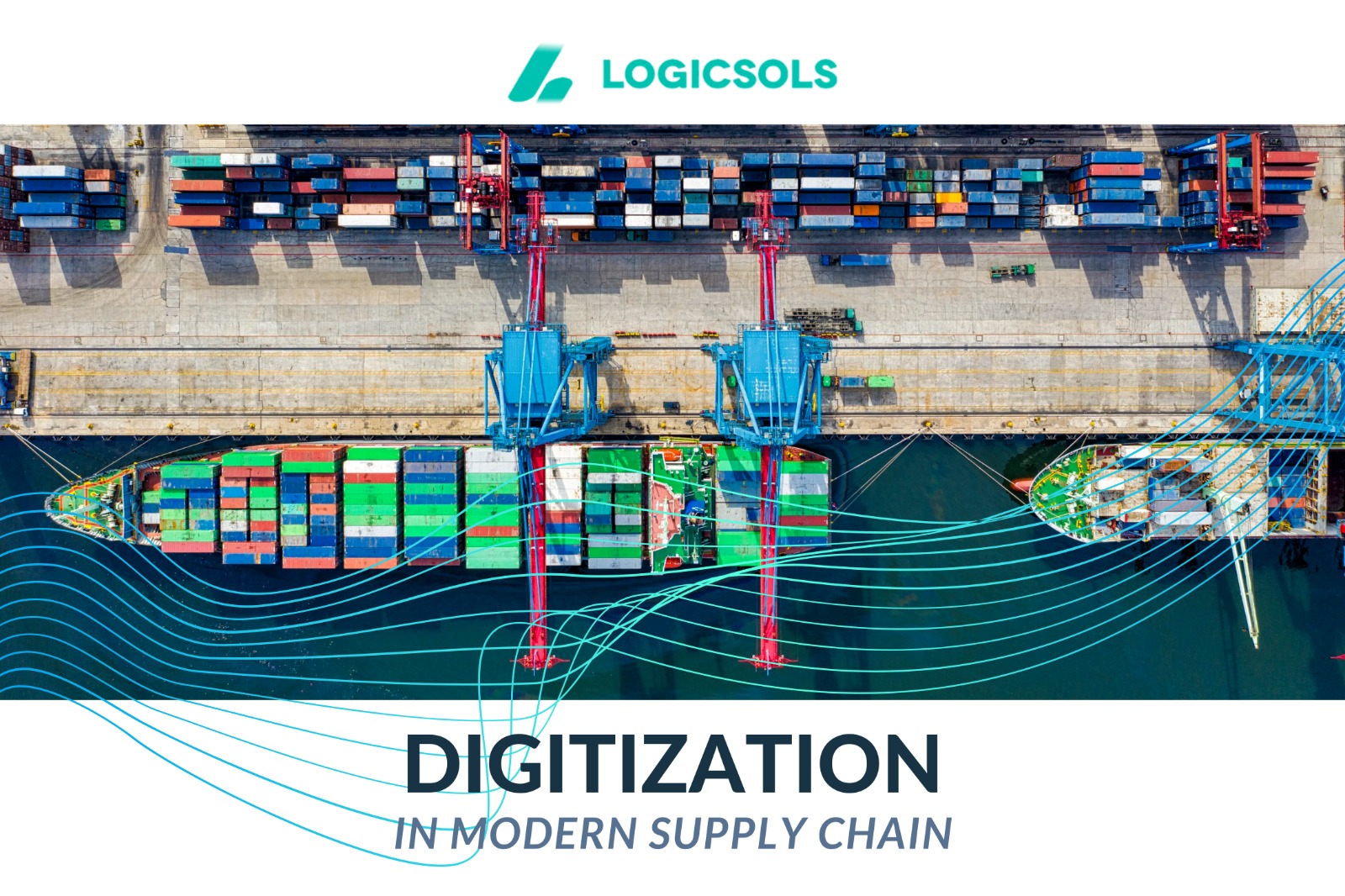Knowledge Series

Post-COVID19 Supply Chain Trends
Apart from the global disruption of goods and services during COVID-19, many weak links and vulnerabilities have been revealed in organizations, Supply Chains being one of them. While some businesses were able to adapt with the changing circumstances and saw it as an opportunity for growth and innovation, others were not so lucky. Some organizations had to rethink about their processes and analyze things in a different light. But here is what was found out: Inclusion of Technology drives power into Supply Chain Networks. It has been pivotal in anticipating, sensing and responding to the unforeseen pandemic scenario, while minimizing the impact at the same time. The second global wave of lockdown has already prompted retailers to hold products at origins and halt shipping until early 2021. Read More

How your Logistics should cope from the pandemic ?
It is quite evident there is no concrete timeline for when the Covid-19 pandemic will get over. In times like these, the existence of any businesses directly depends on adjusting to the new norms. There is an absolute undeniable requirement to rework operational strategies. Investment in apt digital technologies has become crucial in delivering resilient logistics operations and ensuring prolonged business viability. Here are a few rising practices to take heed as you prepare your post-COVID-19 strategy. Protect the workforce: Covid-19 has put both the core and extended workforce into a stressful, volatile, and an unfamiliar work environment. The Health and well-being of the workforce should be a top priority for the leaders. Read More

Renewable OEM's Optimization of Reverse Logistics Using Logicsols Platform
Case StudyWhen one of the world’s leading OEM manufacturers of Renewable Energy set out new cost out measures to optimize fixture management &reverse logistics of their wind components and to digitize the entire logistics process on a global level; Logicsols was there to help. Read More

Covid-19 - A growth stimulus for Project Cargo
Governments around the globe are expected to spend trillions of dollars in stimulus following the COVID-19 crisis, that is going to be a lifeline for infrastructure, renewables, and other project-cargo generating activities, perhaps none more so than the ailing energy sector. The energy cycle now playing out is anything but normal. it couldn’t be envisioned the oil & gas sector — worth trillions of dollars and essential to modern transport and energy generation will dissolve, but competition from shale, global climate change, and now the consequences of COVID-19 seems to be altering the worldwide energy equation and accelerating change in ways we are just starting to understand. The oil majors, assuming lower oil prices and extended demand destruction because of the pandemic, are cutting their capital spending plans and writing down asset values by billions of dollars. Read More

Analytics: A Key Differentiator in Logistics
The logistics industry is data rich. Through millions of transactions & shipments happening every day, the industry creates billions of data points. This data richness presents a tremendous opportunity for logistics companies to leverage and optimize their operations. For the longest time inability to consolidate information efficiently resulted in only marginal and local optimizations. A large effort would have been required to digitize the information by extracting it from emails and documents and then use it to make effective changes at scale. But in more recent times technological advances through big data and AI are creating a big opportunity to ease the pain of data collection and also leveraging it to find large scale efficiencies in the value chain. Read More

Digitization in Modern Supply Chain
Introduction Logistics has completely evolved in the last three decades: From being just an operational function under procurement or manufacturing, with the purpose of ensuring fulfilment and customer deliveries, to becoming a separate supply chain management function in the world of complex transportation and global trade. As global economies became more interconnected, trade became more complex, involving multiple sourcing locations requiring complex supply chain strategies to optimize the value chain. Complexities in the movement of goods resulted in applying logistics strategies that helped businesses to operate effectively requiring an infinite number of resources. A simple quote request would result in multiple emails, follow-ups, countless tracking questions and phone calls, reams of paper involving contract and KPI prints. Read More
